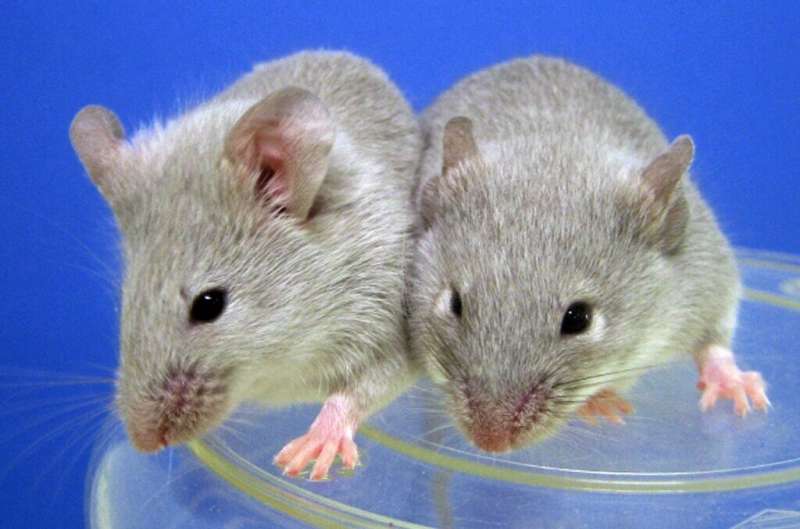
CNN reports that scientists in Japan have successfully produced a mouse litter with two biological fathers. The groundbreaking discovery, according to experts, may pave the way for new directions in fertility research for a variety of species, including humans.
In a recently released study in Nature, the team—led by biology professor Katsuhiko Hayashi of Osaka University—described their findings. They apparently started by “converting them into induced pluripotent stem cells” after extracting skin cells from the tails of fully developed male mice. These cells were subsequently made chromosomally female by having their Y-chromosome removed and their X chromosome “borrowed.” The researchers then managed to create fertilized egg cells, which were afterwards put into female mice.
Only 1 out of every 630 mouse embryos produced healthy pups, according to Hayashi, who added that this poor success rate was “due to the suboptimal condition of the culture system.”
Experts predicted that the discovery would allow same-sex couples to have biological children together, but Hayashi warned that the procedure is rather inefficient and may present a variety of difficulties.
“It (will be) difficult to produce babies from male-male (human) couples because of both technical and ethical reasons,” he explained. “But it is theoretically possible to produce babies from male-male couples, as shown in this study.”
